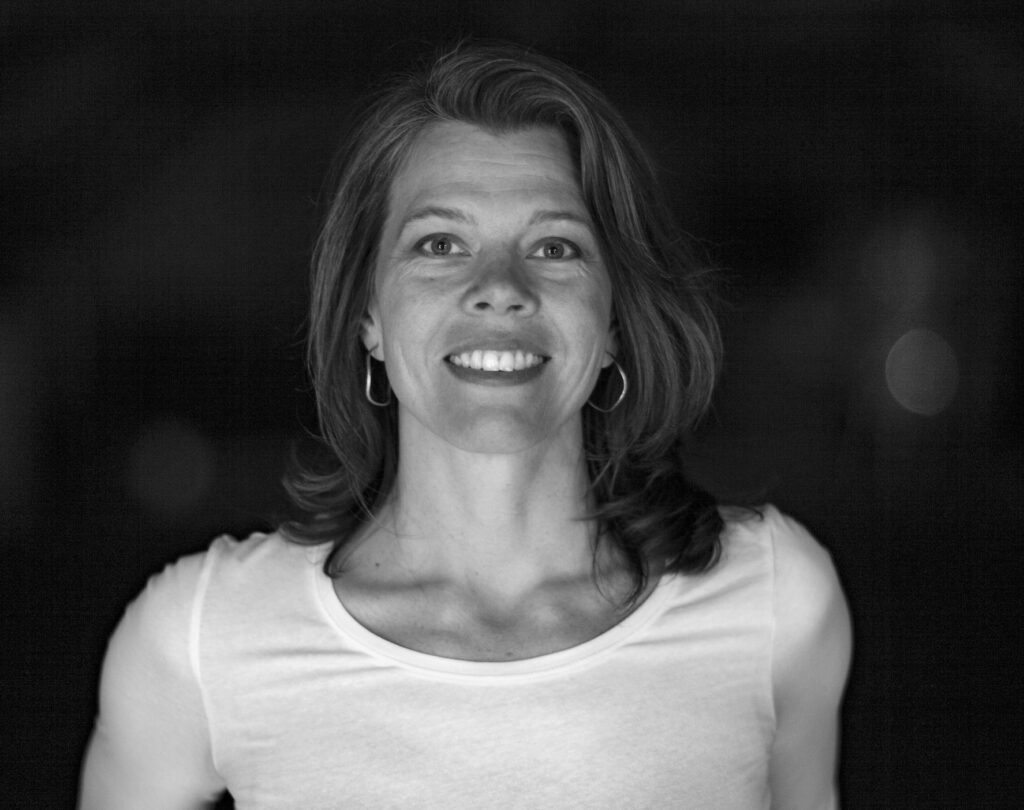This article was published as well in Camden FB, March 7th 2024, under the title "Building resilient foundations: Crafting impactful family narratives for enhanced wellbeing"
For a number of years, social researchers at Emory University and other respected institutions have been investigating the scientific impact of personal storytelling on people's well being over time. There's a lot of research now that demonstrates a strong relationship between a person's overall health and way they have told and heard stories about challenging times.
Robyn Fivush, a researcher on autobiographical memory at Emory University, says there are three critical elements to storytelling about challenging times that directly correlate with a person's current and future well being. "From knowing these stories, we see an increase, particularly among adolescents and young adults, in self-esteem and their sense of meaning and purpose in life," says Fivush.
Often people leave out or fail to emphasize one of the three critical elements of impactful storytelling. Maybe you've found yourself telling a personal story to your children, your spouse, or a larger group, and you shy away from negative emotions related to the event. Perhaps you've skipped or left out certain parts of your story, and you find your listeners wrinkling their foreheads, trying to make sense of how you got from point A to point B.
Here are the three building blocks of successful, positive-impact storytelling:
- Coherence of a story. Does a listener understand the sequence of events you are telling? Can they follow the story and make a connection between the actions and the results? This is key. A storyteller must connect the dots for us. Don't skip the "hard parts" of the story that make sense of the timeline.
- Positive meaning making. Fivush says, "This is not necessarily, 'I'm just going to make lemonade out of lemons,' but really some evidence that you've reflected on this particularly challenging event. You've taken something away that has helped you understand yourself or the world or other people in more expansive ways." Positive meaning making isn't about wrapping things up in a pretty bow. It's about a genuine willingness to share how an event altered your sense of your self, the world, or both.
- Balance positive and negative emotions. Often, people want to get to the positive outcome. They like to leave out the "dark" or "sad" elements. Fivush emphasizes letting the negative emotion in and letting yourself express them, but balancing negative with positive emotion as well.
In our decade and a half of interviewing and documenting personal and family stories, we have intuitively adhered to these scientifically proven principles. After learning of Robyn Fivush's research findings, we pay even more attention to the power of positive meaning making. We guide storytellers towards personal reflection, helping them unpack their experience so others can learn, grow, and be grounded by them.
Our aim is to create stories that become anchors in tumultuous times. Family members who watch or listen to their own stories have the chance to know they come from a long line of people who have faced challenges. Even if everything in their lives fell apart, the stories they tell say this: We got through it. We got through it together. We persisted. We are a family, and we're still here.
